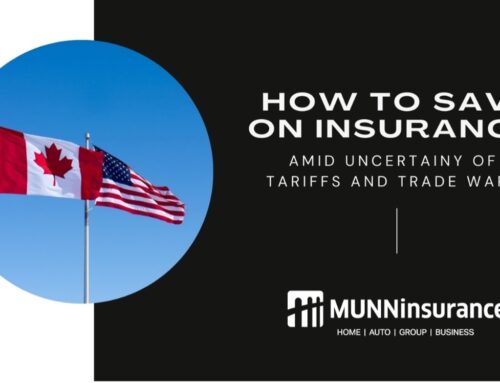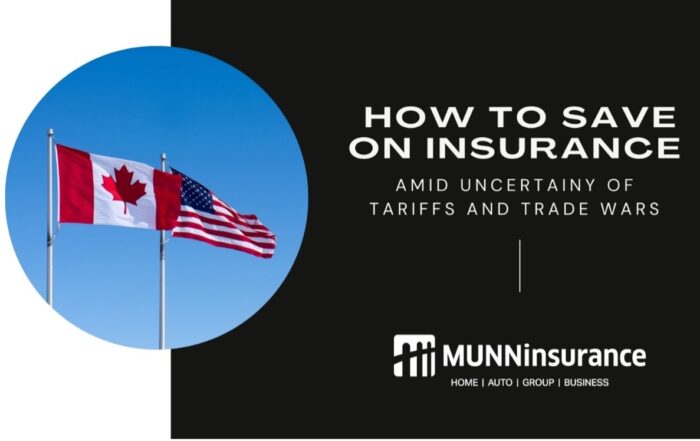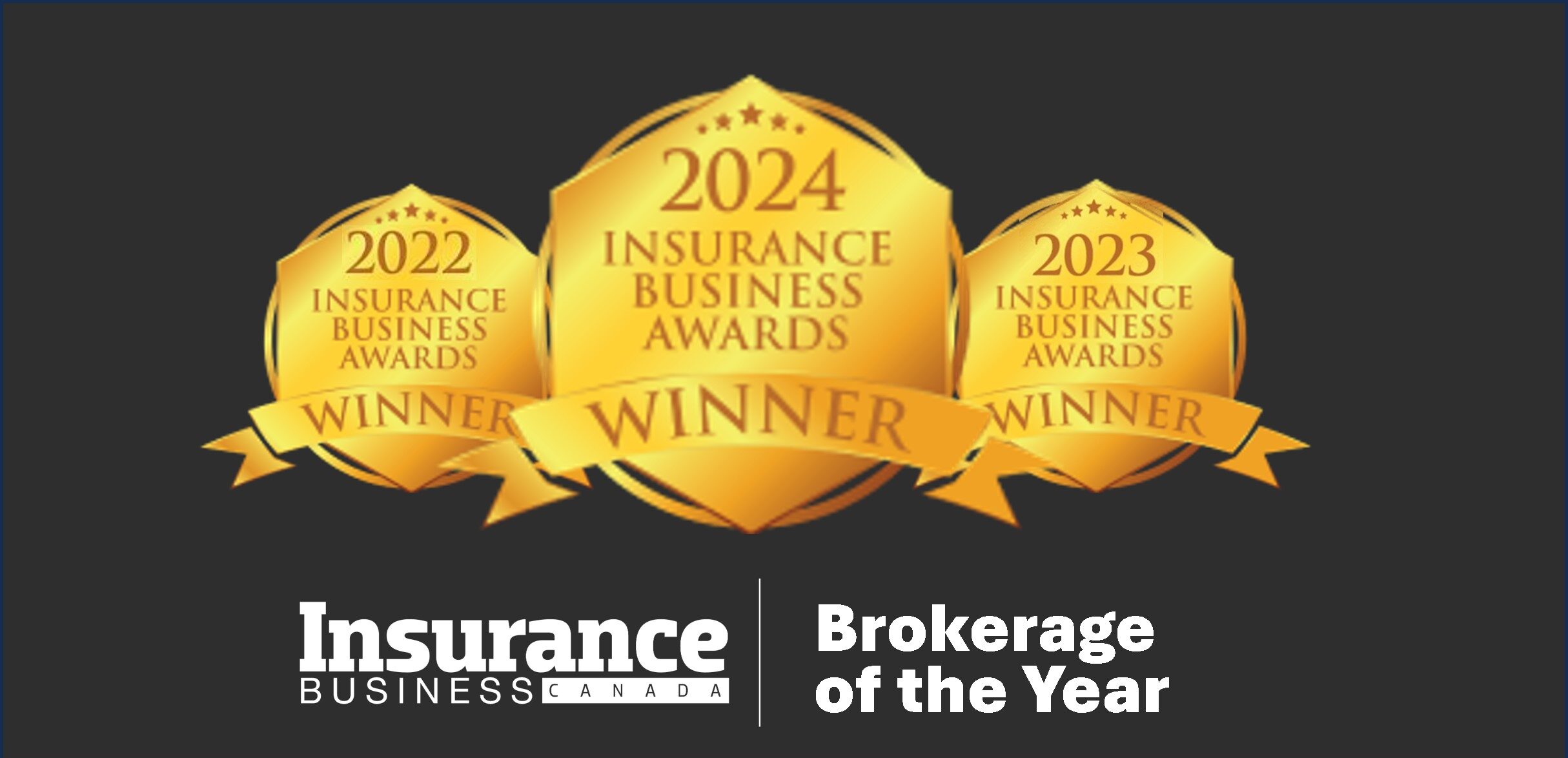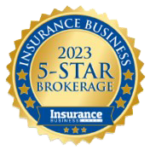Decoding Commercial Insurance: 20 Essential Terms for Small to Medium-Sized Business Owners
Navigating the world of commercial insurance can be overwhelming, but understanding key terms is crucial for safeguarding your small to medium-sized business. Here are 20 essential terms explained in plain language:
- General Liability: Coverage protecting against claims for injuries, property damage, or personal injury caused by your business.
- Property Insurance: Protection for your physical assets (buildings, equipment, inventory) against losses from events like fires, theft, or natural disasters.
- Business Interruption Insurance: Coverage for lost income and additional expenses if your business can’t operate due to a covered event, facilitating a quicker recovery.
- Professional Liability (Errors and Omissions): Safeguard for service-based businesses, covering claims of mistakes or negligence in professional services.
- Workers’ Compensation: Insurance providing medical benefits and wage replacement for employees injured or sick on the job.
- Commercial Auto Insurance: Protection for business vehicles, covering accidents, injuries, and property damage during business operations.
- Cyber Insurance: Coverage against cyber threats, including data breaches or cyberattacks, covering costs like legal fees and data recovery.
- Deductible: The amount you pay out of pocket before insurance coverage kicks in. Higher deductibles often mean lower premiums.
- Premium: The cost of insurance, paid regularly. Premiums vary based on coverage, deductibles, and other factors.
- Claim: A request made to an insurance company for payment or reimbursement due to a covered loss.
- Policy Limit: The maximum amount an insurance policy will pay for a covered loss. It’s crucial to ensure limits align with your business needs.
- Underwriting: The process insurers use to evaluate risks and determine coverage eligibility and premium rates.
- Exclusion: Specific risks or circumstances not covered by an insurance policy. Review exclusions to understand potential gaps in coverage.
- Endorsement: An amendment or addition to an insurance policy, altering or expanding coverage.
- Risk Management: Strategies and practices to identify, assess, and mitigate potential risks to your business.
- Aggregate Limit: The maximum amount an insurer will pay for all covered losses during a policy period.
- Peril: A specific event or cause of loss, such as fire, theft, or natural disaster.
- Umbrella Insurance: Additional liability coverage that extends beyond the limits of underlying policies.
- Indemnity: The principle of restoring a policyholder to the same financial position before a covered loss occurred.
- Broker: A professional who helps businesses navigate the insurance market, providing advice and securing appropriate coverage.
Understanding these terms empowers small to medium-sized business owners to make informed decisions about their insurance needs. It’s like having a toolkit to ensure your business is well-protected, allowing you to focus on what you do best—running a successful business.
We have extensive experience insuring all types of businesses, from small one person operations to much more complex enterprises. We can help make sure you get the right coverage at the best price. If you have any questions, call the insurance experts at Munn Insurance at 1-855-726-8627. We’d be happy to help.
Related News
Recent News
How to Save on Insurance Amid Uncertainty of Tariffs and Trade Wars
In today’s global economy, trade wars and tariffs are a hot topic, and their potential impacts reach beyond just the cost of goods like cars, appliances, and steel. If tensions between countries like Canada and [...]
Get the Best Auto Insurance Quote in Nova Scotia: A Step by Step Guide
When it comes to auto insurance, everyone wants to ensure they’re getting the right coverage at the best price. Whether you're a first-time car owner or a seasoned driver in Nova Scotia, the process of [...]
Unlock Big Savings with Group Insurance Discounts
At Munn Insurance, we know that everyone loves saving money—especially when it comes to home and auto insurance. Did you know that you may qualify for exclusive discounts just by being part of certain groups [...]












